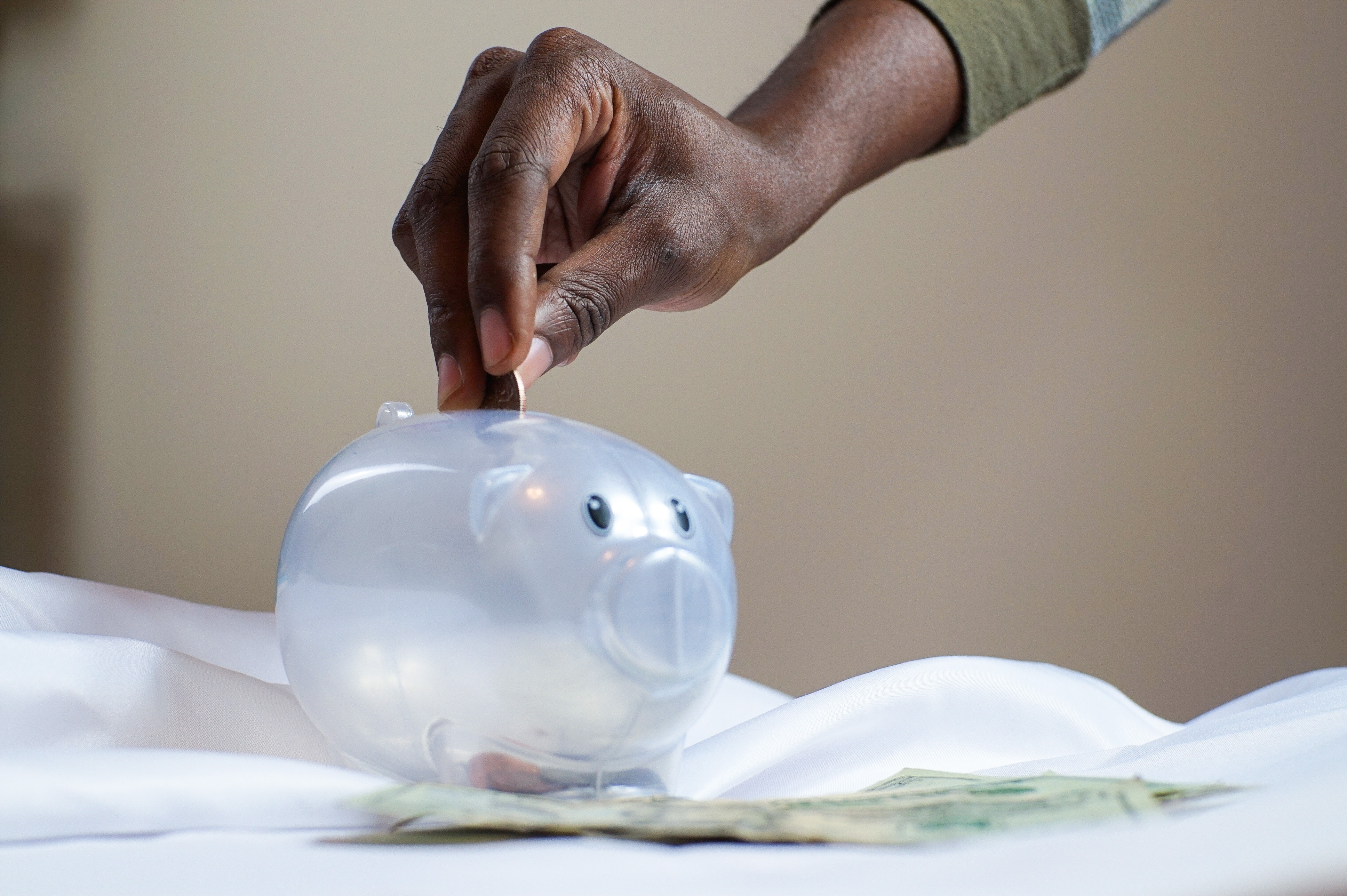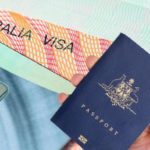Nepalese living in Australia, are soon to face the economic crisis. The predicted recession has already started making Nepalese unemployed and face financial hardship. After the crucial entry to Australia, the students are soon to be a victim of the recession.
COVID-19 is taking a toll every day. It’s not just Australia, the even USA and European countries are facing the severity of the virus. Day by day the numbers are multiplying, and many people have started to panic regarding the near financial crisis.
The Economist has already warned on the recession but has not stated its longevity. Of course, no one is aware of how long the crisis shall last, but the experts have agreed on the need for a chunky cash reserve to survive for a minimum of three months.
Unemployment, financial dues, essential expenses, medical expenses, education fees, the list can go long and endless. Though the Australian Government has asked to push back the financial distress, the basic expense remains the same.
Generally, when an individual gets optimized from employment it takes a minimum of three to five months to get a worthy job. But now after the COVID-19 effect, the circumstances have turned out to be more bitter. 
Experts say, even the companies who were planning to announce vacancy have pushed it for the later days. Not only the Australian economy but the international economy is soon set to decline.
Canstar 2019 Consumer Report found that nearly a quarter of the Australians have no savings. Almost a quarter of the Australian population is surviving on their paycheque. While the remaining quarters have less than $7000 saving for their emergency fund.
Adding more, the Australian Bureau of Statistics Data states that nearly 10% of the population have at least one paid job and have less than $90 in their bank account. The bottom 40% have less than three weeks of income or less in their bank account.
Australians dedicatedly working in the hospitality & tourism sector have lost their jobs. And one of the biggest challenges awaiting them is their fortnight bills (rent, mortgage & food). Brendan Coates, the Grattan Institutes Program Director said,
“Housing costs – either rent or the mortgage – typically account for around 20 to 25 percent of households’ spending. Food is next at around 17 percent. For many Australians, it’s too late now to prepare for this crisis. They’ve already lost their livelihoods inside a week.”
How to save yourself from COVID-19 aftereffect?
To move on from the crucial scenario, both the state and Federal governments are introducing an economic relief package. The Australian banks are cooperating with the government and have planned to give out more loans and payment deferrals. People can also transfer their credit card debt to other operators offering interest-free credits.
Charities are offering food essential assistance, transportation vouchers, and partial payment of utility bills. The state government is ready to assist the needy ones with rental bonds and emergency accommodation. Centrelink offers crisis payment and advance payment.
Nepalese facing financial crisis due to COVID-19 can take help from:
People who are further exhausted from the financial crisis can take help from the National Debt Help Line (800 007 007) which is open from Monday to Friday.











